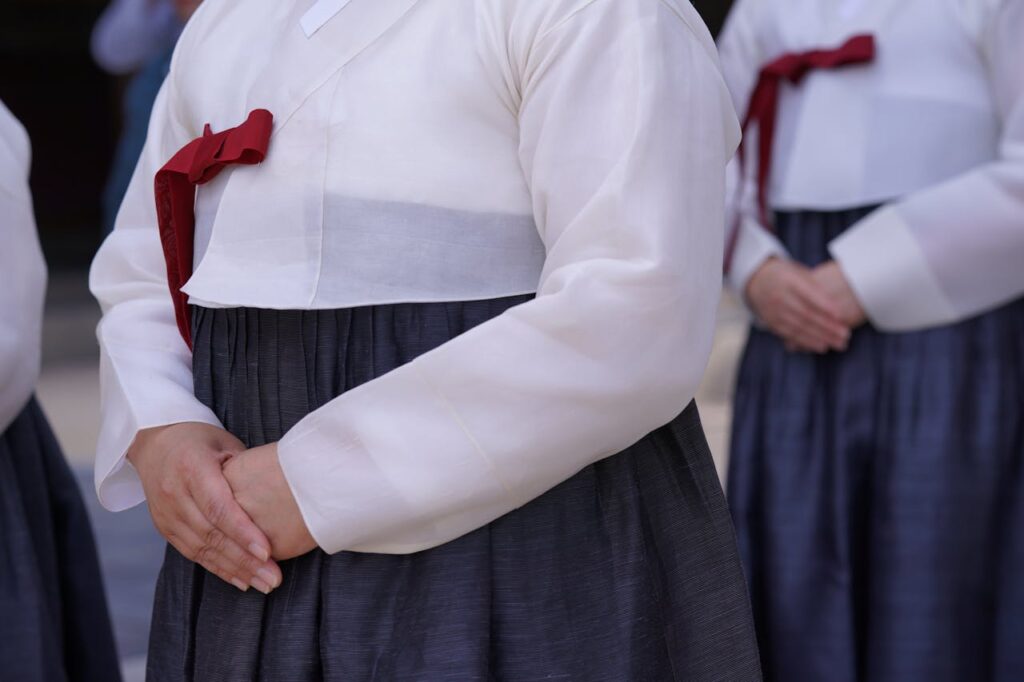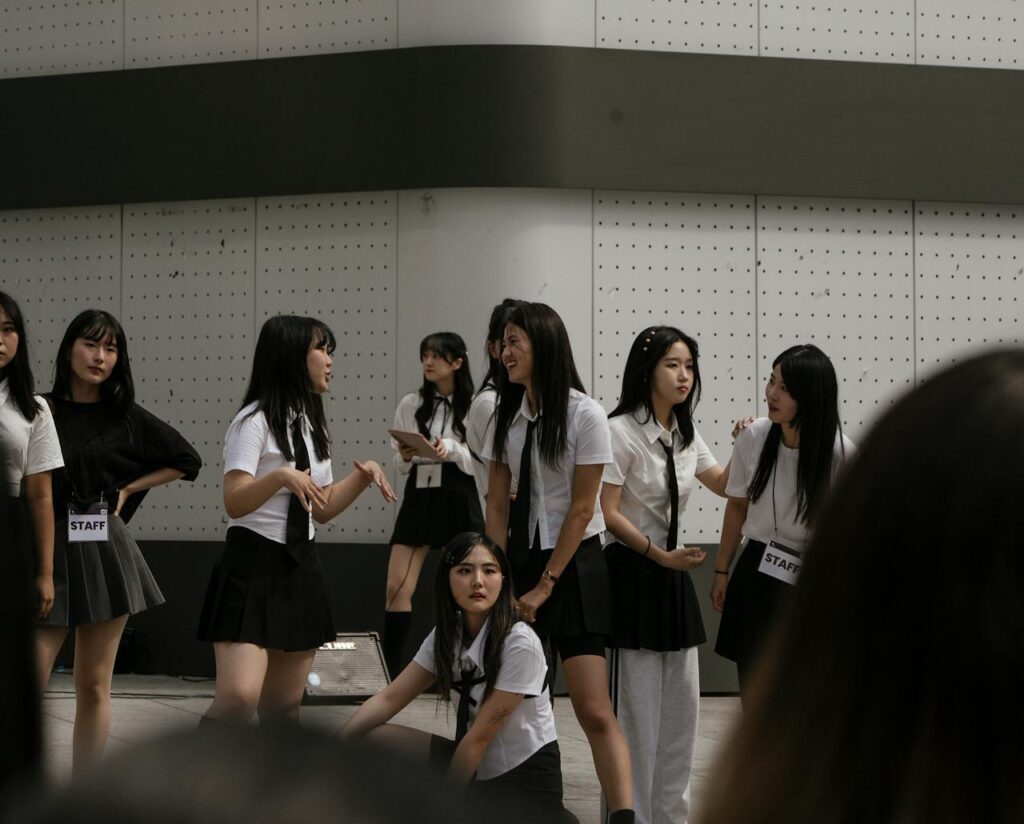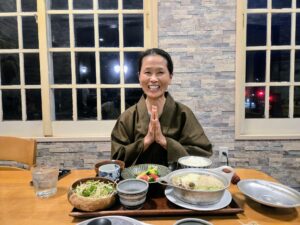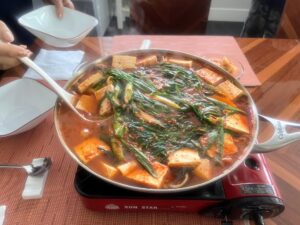The role of women in Korea has changed a lot over the years. In traditional Korean society, people expected women to stay at home, raise children, and follow their husbands’ lead. But now, women in Korea work full-time jobs, go to college, and make their own choices about marriage and family. These changes show a big shift in gender roles and how Korean society views women. In this post, I share how the role of women in Korea has changed and what it looks like today.
Women’s Roles Through Korean History
The role of women in Korea has gone through major changes over time. During the Joseon dynasty, Confucian values shaped strict gender roles. Society expected women to obey their fathers, husbands, and sons, placing them in a lower social position with limited rights and education.
In the 20th century, things began to shift. After Korea gained independence and went through rapid modernization, more girls attended school, and women slowly entered the workforce. Still, many held onto traditional roles at home.
By the 1990s and early 2000s, women in South Korea started gaining more rights and speaking out for equality. Legal reforms, increased access to education, and growing job opportunities allowed Korean women to take on new roles in both public and private life.
Today, the role of women in Korea continues to evolve. While tradition still plays a part, modern women are pushing for greater freedom, independence, and equality in all areas of life.
My Experience as a Woman in Korea
As someone born in South Korea and the oldest daughter of five siblings, including three brothers, I understand the struggles many Korean women face. Growing up in a traditional Korean household, I felt the weight of gender expectations early on.
In many families, people taught girls to become good wives and mothers. I still remember my own mother telling me to go to college so I could marry a doctor or a lawyer. To her and to many Korean parents at the time, that was the true measure of a daughter’s success.
As the eldest daughter, I handled most of the household chores and took care of my younger siblings. My brothers did not face the same pressure. This kind of unequal treatment was common and accepted in many Korean homes.
Traditional Gender Roles

For many years, the role of women in Korea centered around family and home. Influenced by Confucian values, women were expected to serve their husbands, raise children, and care for the household. A woman’s success often depended on how well she supported her family, especially her husband and his parents.
In traditional Korean families, daughters-in-law showed deep respect to their in-laws and took on many responsibilities to maintain peace and order at home. While men worked outside and made decisions, women worked quietly behind the scenes, handling daily tasks like cooking, cleaning, and childrearing.
These roles often left little room for personal growth or independence. Women were taught to sacrifice their own needs to serve others. Although times have changed, these traditional expectations still influence the role of women in Korea today.
Breaking Traditions and Building Futures
Modern women in South Korea continue to reshape the role of women in Korea. While tradition still plays a part in daily life, more women now attend college, build careers, and follow personal goals in areas like business, science, and technology.
Balancing work and personal life remains a challenge in a fast-paced culture. Still, many women live on their own, delay marriage, or choose not to marry at all. These choices reflect a growing sense of independence and freedom.
At home, traditional roles are also shifting. Many couples now share chores and parenting more equally. In their free time, women enjoy hobbies, meet friends at cafes, watch K-dramas, and explore new interests.
The role of women in Korea continues to grow and change, shaped by both cultural values and modern goals.
Challenges Women Face in Korea

The role of women in Korea continues to change, but many challenges remain. Today, women work long hours in competitive jobs, yet they still handle most of the household and childcare duties. This imbalance makes it hard to balance work and family, leading to stress and fewer chances for career growth.
Gender inequality also affects women in the workplace. Many earn less than men, face limited opportunities for promotion, and still deal with discrimination or harassment.
Social pressure adds another layer. Korean society often expects women to marry, raise children, and follow traditional roles. Those who focus on careers or personal independence sometimes face judgment or criticism.
Beauty standards create even more pressure. Many women in Korea feel the need to maintain a certain appearance, often spending a lot of time and money on skincare, makeup, and even plastic surgery.
The Evolving Role of Women in Korea
The role of women in Korea continues to grow and change. More women are choosing paths that reflect their goals, not just cultural expectations. They are stepping into leadership roles, delaying marriage, and speaking up for equal rights.
These changes don’t happen overnight. But each step forward helps reshape how society views women. Korean women today are stronger, more independent, and more confident in their choices.
The future of the role of women in Korea looks brighter. It reflects not only progress, but also the power of women to lead that change.














